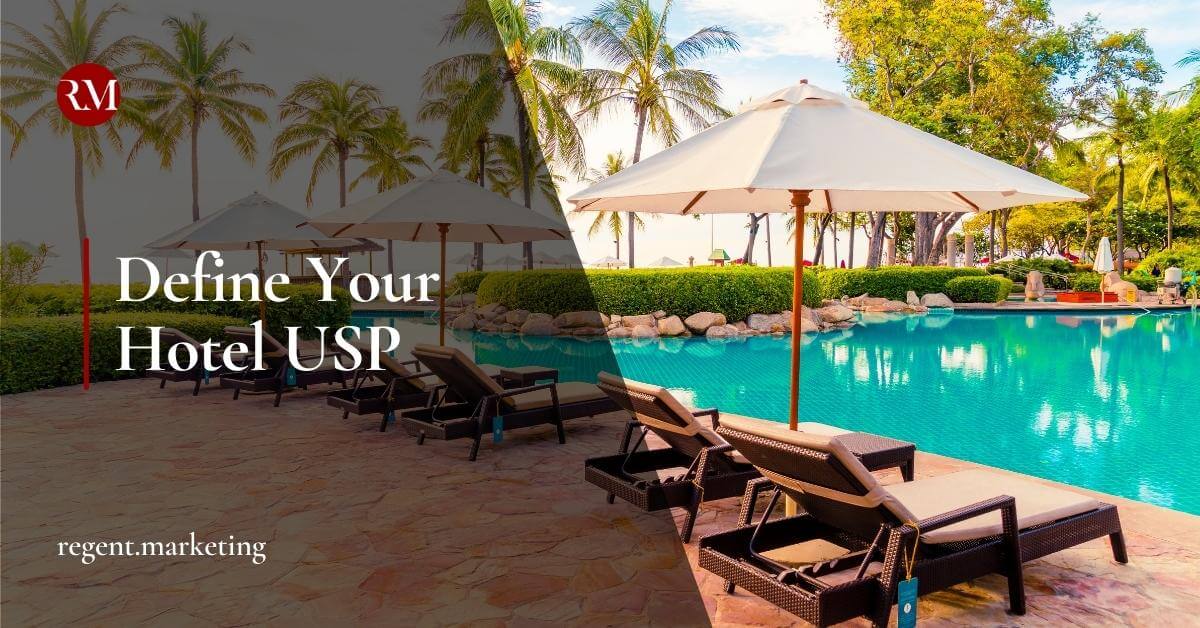
Can Hotels Counter High Cancellation Rates from OTAs?
OTAs often promote high cancellation rates for hotels, but can it be reduced?
 Nothing entices a target market like free trials, free cancellations and freebies. However, for Hotels the high cancellation rates from OTAs can be incredibly damaging both in terms of profit and revenue management.
Nothing entices a target market like free trials, free cancellations and freebies. However, for Hotels the high cancellation rates from OTAs can be incredibly damaging both in terms of profit and revenue management.
How can a hotel plan for the future with so many bookings cancelled?
We’re here to explain exactly how Hotels can counter those high cancellation rates.
Why do OTAs Have Such High Cancellation Rates?
So How Can Hotels Counter High OTA Cancellation Rates?
- Non-refundable Rates or Deposits
- Advance Purchase Rate Plans
- Clever Overbooking Strategy
- Flexible Refundable Rate Plans
- Direct Booking Perks
- Monitor Cancellation Trends
Start Tackling Those High Cancellation Rates
Why do OTAs Have Such High Cancellation Rates?
For OTAs, there is only one aim: to secure a booking.
It doesn’t matter if a guest stays at your hotel, or at one down the road from your hotel, they just look for their commission rates.
This has led to OTAs offering and promoting free cancellation policies. They actively encourage users to book their stays at multiple hotels in order to secure rooms, and make a final decision later.
Which is fantastic – if you’re a guest and not a hotel manager.

If once in a while the occasional booking falls through, then it’s not too big of an issue. Guests get sick before their holidays, or have to cancel due to unforeseen circumstances.
However, this policy promotes high cancellation rates to the point where one in five hotel bookings are cancelled!
And this is the average rate for OTAs. For specific OTAs such as Booking that actively promotes this policy, their high cancellation rates are closer to 40%. This trend is damaging the bottom lines of hotels and causing a revenue management nightmare for managers.
So How Can Hotels Counter High OTA Cancellation Rates?
In order to fight back against the overwhelmingly high cancellation rates of OTAs, there are several methods that hotels can employ. However, the use of each of these will vary based on hotel type, number of rooms, seasonal variances etc.
Non-refundable Rates or Deposits
This is a touchy issue because this method of countering high cancellation rates can actually be detrimental to your hotel.
One the one hand, if you don’t demand a deposit or set a non-refundable rate plan, then the cancellation rates can remain high. On the other hand, non-refundable rate plans and deposits can also deter potential guests.
So how could you manage to balance the two?
If your hotel chooses to set deposits or non-refundable rates through OTAs, you need to understand the guest trends of bookings:
Most cancellations happen in the month before a guest arrives!
So, in order to deter the guests who are most likely to cancel, you can set this rate plan for guests who are booking over a month in advance. This way, serial cancellers will be less likely to mess around with your hotel, allowing you to focus on real guests that will take you, and their booking, seriously.
Advance Purchase Rate Plans
This method will only help reduce high cancellation rates in conjunction with deposits or non-refundable rates.
An advance purchase rate plan offers varying discounts based on how far in advance guests book. It’s also an excellent incentive for customers to book early so that you can plan to manage your revenue.
For example, if a guest books 30 days in advance of their stay, offer them a 15% discount of the best available rate (BAR) price. If they book 60 days in advance, then increase the discount.
With non-refundable rates or deposits, you can worry less about cancellations.
Clever Overbooking Strategy
Overbooking is an excellent strategy to maximise occupancy throughout the year, but when done badly can severely mar your reputation, spread negative reviews online and ensure that guests never return to your hotel.
You can never have too much planning when it comes to overbooking your hotel.
By studying data, bookings, cancellations across different seasons, popular events and other factors you can draw up a reliable oversell number.
You should also take into mind your compset as well. For example, if a massively popular event occurs in your city, you probably shouldn’t overbook your hotel. If you are overfull, then other hotels will likely be full as well. So if you overbook – where will you put your guests?
Contrary to what celebrities say, there is such a thing as bad publicity, especially for hotels.
Flexible Refundable Rate Plans
 Yes, rate plans are back again, but this time with a slight alternative to the non-refundable rates and deposits.
Yes, rate plans are back again, but this time with a slight alternative to the non-refundable rates and deposits.
Flexible refundable rate plans encourage guests to either ensure that they stay at your hotel, or cancel in time for you to manage your overbooking strategy.
For example, if a customer makes a booking, but cancels 28 days before, then they may receive 70% of their money back. However, if they cancel 14 days before, they only receive 25%.
By offering different increments in your refund policy, you don’t deter guests from booking, you simply discourage the ones that already believe that they will cancel. It’s an incredibly effective way of countering high cancellation rates from OTAs.
Direct Booking Perks
Lower cancellation rates are just one reason why direct bookings are better than one from OTAs. Managing the hotel-guest relationship, zero commission and better branding are just some of the others.
But by encouraging direct booking through added perks available only to bookings through your hotel website, you will automatically lower your high cancellation rates.
Examples of perks can include complimentary bottles of champagne, discounted tours with local businesses, free dessert at your hotel restaurant or potentially even free room upgrades!
The only limit to direct booking perks is your imagination and the facilities available at your hotel. Explore your hotel marketing side and work out how to hook those guests!
Monitor Cancellation Trends
 It goes without saying that reducing high cancellation rates will be an ongoing effort. Much like SEO for hotels, you’ll have to analyse, brainstorm and retweak to achieve the best results.
It goes without saying that reducing high cancellation rates will be an ongoing effort. Much like SEO for hotels, you’ll have to analyse, brainstorm and retweak to achieve the best results.
You’ll have to stay up-to-date on the latest cancellation policies of OTAs, monitor the cancellation rates from each channel and change your strategies. Perhaps some of your rate plans don’t offer the right amount of incentive to lower high cancellation rates. Or maybe your overbooking strategy could do with being a little more bold.
Start Tackling Those High Cancellation Rates
Every hotel should make use of OTAs, but don’t let them use you.
Especially if your hotel marketing strategies aren’t up to scratch, you’ll rely a great deal on OTAs, and suffer from high cancellation rates as a result. In order to become less reliant on OTAs, you may need to develop a new hotel marketing strategy entirely.
Why not receive a free hotel marketing report to help you with that?
We offer free audits to any hotel that fills in our form just to the right there ->
One of our team will complete a report and organise a one-on-one online meeting to discuss the results. After the meeting we’ll email you the complete audit to review at your own leisure!
Or, feel free to contact our hotel marketing specialists and read up on our hotel marketing guides!





Leave a comment: